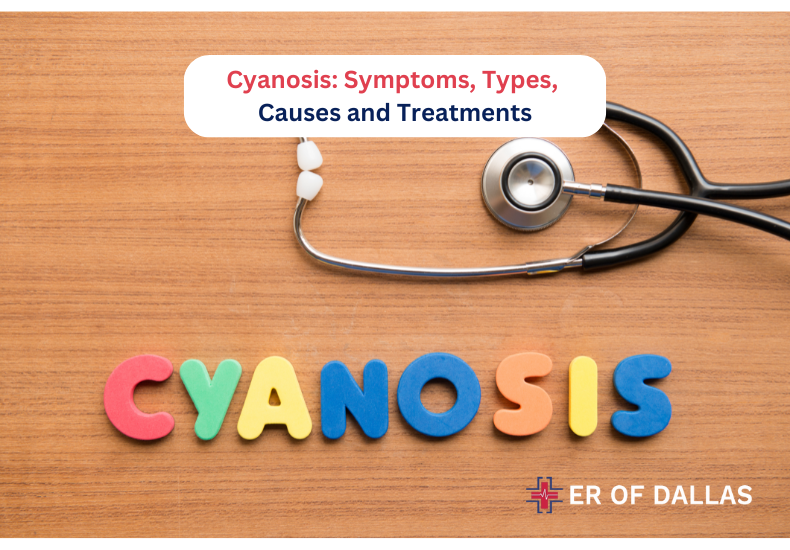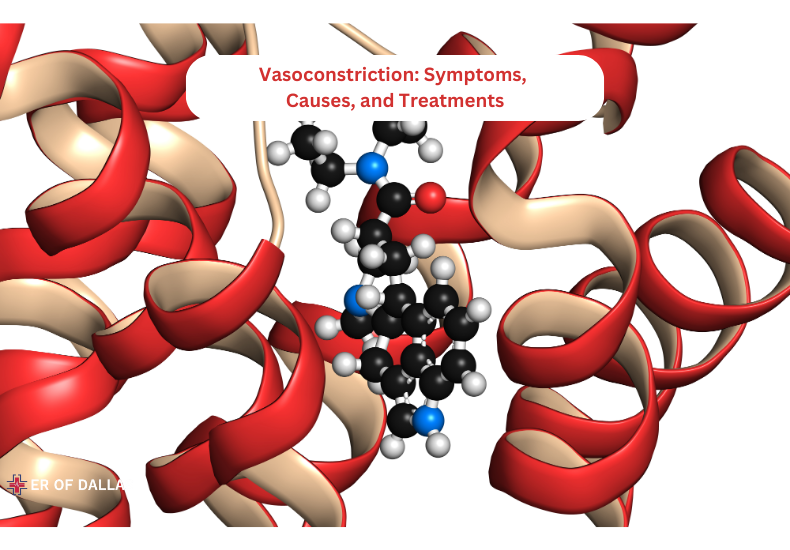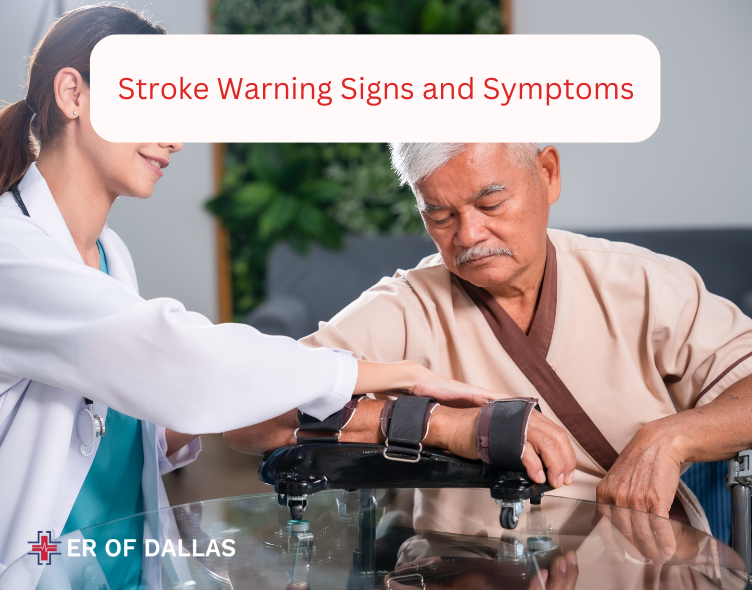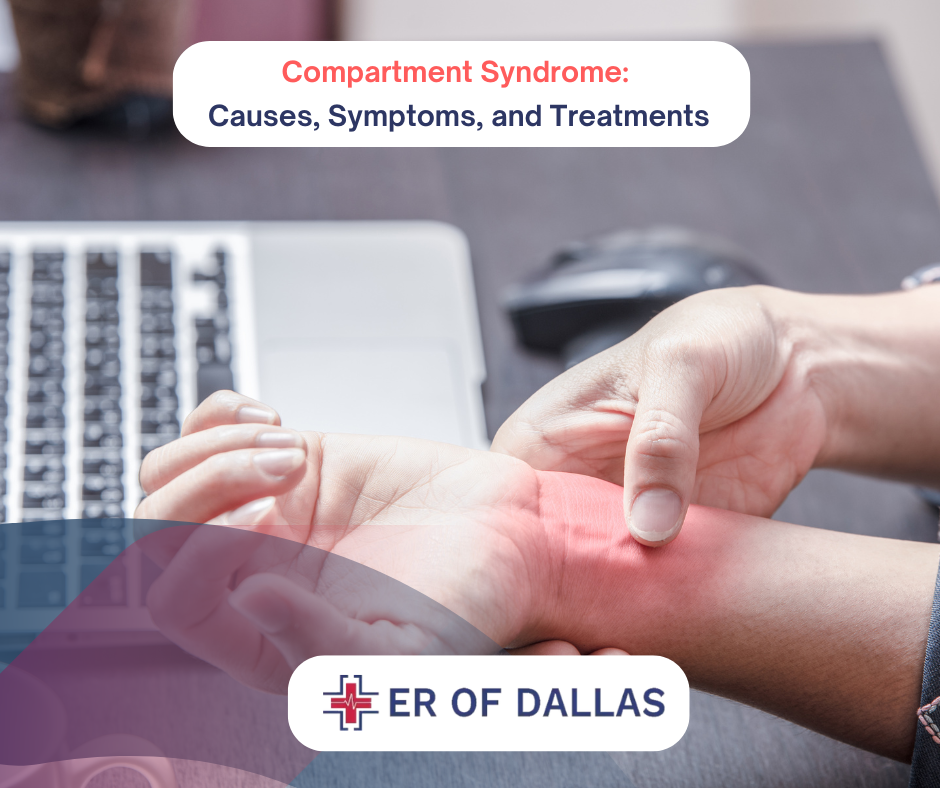In the dynamic realm of healthcare, Emergency Room Physicians (ER Physicians) hold the front lines when it comes to offering immediate care to those in need. In this article, we will embark on a profound journey into the pivotal role played by these dedicated professionals, gaining insights into the intricacies of their profession.
Who Are Emergency Room Physicians?
Emergency Room Physicians, commonly known as ER doctors, are highly specialized medical doctors, experts in the field of emergency medicine. They serve as the backbone of emergency rooms, equipped to manage a wide array of medical conditions that demand immediate and astute attention.
The Training and Qualifications
The path to becoming an ER physician is an exacting one. Following the completion of medical school, these doctors undertake rigorous training in emergency medicine. This encompassing training entails internships and residencies in emergency departments, providing them with invaluable hands-on experience in handling a broad spectrum of critical cases.
A Day in the Life of an ER Physician
The life of an ER physician is marked by its unpredictability. Their work schedules can shift from day to night, and each day brings forth an assortment of challenges. They must be prepared to respond to a diverse range of emergencies, from traumatic injuries to acute and life-threatening illnesses.
Skills and Expertise
ER physicians are armed with a deep understanding of medical science and are skilled in the art of making swift and precise diagnoses and decisions. Their expertise encompasses critical areas such as CPR, advanced cardiac life support, and trauma care, ensuring they are well-prepared to handle the high-stakes situations they encounter daily.
Challenges Faced by ER Physicians
The profession of an ER physician is far from a walk in the park. They frequently grapple with high levels of stress, emotional strain, and the volatile and unpredictable nature of the ER environment. Success in this demanding role hinges on their resilience.
The Critical Role in Diagnosing and Treating
At the heart of their profession, ER physicians are responsible for making rapid and accurate diagnoses and initiating immediate treatment for their patients. Their ability to make astute assessments is often the linchpin of life-saving interventions.
The Teamwork in Emergency Rooms
Efficient functioning of the ER is a testament to teamwork. Physicians work in close collaboration with nurses, paramedics, and other medical professionals, ensuring comprehensive and effective care for patients. Effective communication is the bedrock of this teamwork.
Fast-Paced Decision-Making
In the ER, time is a critical factor. ER physicians are trained to make decisions swiftly, often in situations where complete information may not be available. This skill is not only challenging but also pivotal in preserving lives.
Balancing Compassion and Efficiency
Compassion is a cornerstone of healthcare, even within the fast-paced ER environment. ER physicians must deftly balance their efficiency with empathy, offering solace and support to patients and their families in moments of crisis.
The Impact on Patient Outcomes
The actions of ER physicians reverberate through the continuum of patient care. Their initial assessments and treatment decisions set the course for a patient’s recovery, underscoring the profound influence they wield on patient outcomes.
Maintaining Composure in High-Stress Situations
Emergency rooms are often a crucible of chaos, yet ER physicians are trained to remain composed, ensuring that they can deliver effective care even in the most high-stress scenarios.
Staying Informed and Adapting
Medicine is a constantly evolving field, and ER physicians must keep abreast of the latest advancements in the realm of medical science. They must continually adapt to novel treatment approaches to ensure they can provide the best care possible.
The Continuous Learning Process
Learning is a lifelong endeavor for ER physicians. They engage in a continuous process of education and skill refinement to enhance patient care, recognizing that knowledge is a dynamic asset in the field of medicine.
Conclusion
Emergency Room Physicians are the unsung heroes of the healthcare sector. Their unwavering dedication, extensive expertise, and commitment to saving lives make them indispensable to our healthcare system. The next time you find yourself in an emergency room, take solace in the fact that these remarkable professionals are there to provide you with the highest level of care.
FAQs
Q: What is the role of an ER physician?
ER physicians are responsible for making rapid and accurate diagnoses and initiating immediate treatment for patients in emergency situations, ensuring timely and efficient care.
Q: What kind of training do ER physicians undergo?
They undergo comprehensive training in emergency medicine, including internships and residencies in emergency departments, to prepare for the demands of their profession.
Q: How do ER physicians manage the stress of working in the emergency room?
They are trained to maintain composure and balance efficiency with empathy, providing compassionate care even in high-stress situations.
Q: What is the impact of ER physicians on patient outcomes?
ER physicians play a pivotal role in determining the course of a patient’s recovery, as their initial assessments and treatment decisions significantly affect outcomes.
Q: How do ER physicians stay updated with the latest advancements in medicine?
ER physicians engage in a continuous process of education and learning to stay informed about the latest medical developments, ensuring they can adapt to new treatment approaches and provide the best care possible.











